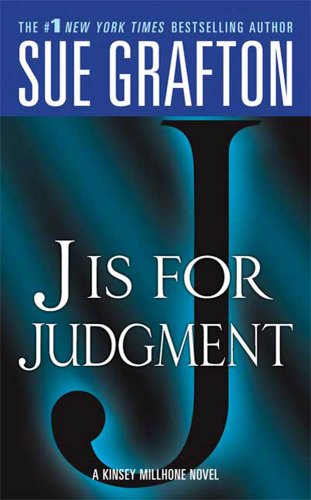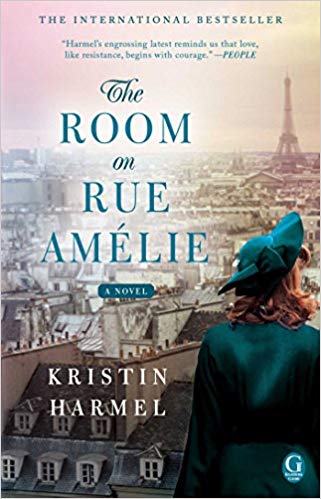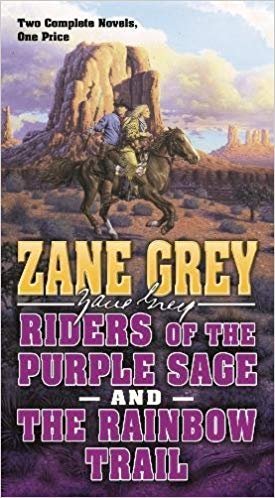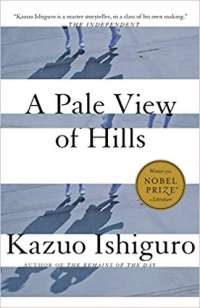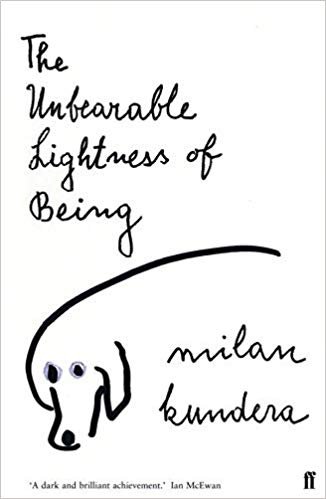I wrote in Great Opening Lines – and Why! (Part 3 – Some Great Opening Lines) that I’d share more great opening lines as I found them.
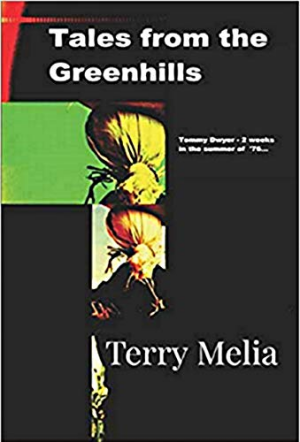 “Arterial blood has sprayed onto the walls; the tannoy is breaking into a staccato and the student nurse, Linda, recalls a childhood wish for invisibility” – Terry Melia’s Tales from the Greenhills
“Arterial blood has sprayed onto the walls; the tannoy is breaking into a staccato and the student nurse, Linda, recalls a childhood wish for invisibility” – Terry Melia’s Tales from the Greenhills
“…has sprayed…”, “…is breaking…”, and “…recalls…” – I’ve written elsewhere that I need to know Melia sweated every word choice. If the word choice above was automatic and obvious, I’m giving up writing. The first sentence of Tales from the Greenhills is present tense, direct address, and action. You are there in the center of it and the action is intense. You see the arterial blood dripping down the walls. The tannoy (British for “loudspeaker”) is making terse, abrupt statements – probably operational rather than informative based on the “arterial blood” line – and we’re given a point-of-view character who is 1) a student – she’s young, 2) a nurse – she should know what she’s doing but from (1) we know she’s in over her head, 3) recalling a childhood – she’s looking for peace, comfort, refuge, safety, 4) invisibility – she wants to get away, hide, be free of what’s happening.
And in twenty-five words.
And it keeps getting better.
Tales from the Greenhills is a must read for authors and writer-wannabes. It is a textbook of style, voice, language, dialogue, setting, …
Sorry, if I’m gushing. It’s that good.
Do you have any great opening lines you’d like to share?
I’d love to know them. There’s a catch, though. You have to explain in context why a line is great. Saying a line is great because it comes from some great literature doesn’t cut it. Quoting from archaic and/or little known works doesn’t cut it.
Feel free to quote from archaic and/or little known works, just make sure you give reasons why something is great. I stated the Great Opening Lines criteria back in Great Opening Lines – and Why! (Part 2 -What Makes a Great Opening Line?).
So by all means, make the claim. Just make sure you provide the proof according to the guidelines given. If not, your comment won’t get published.

